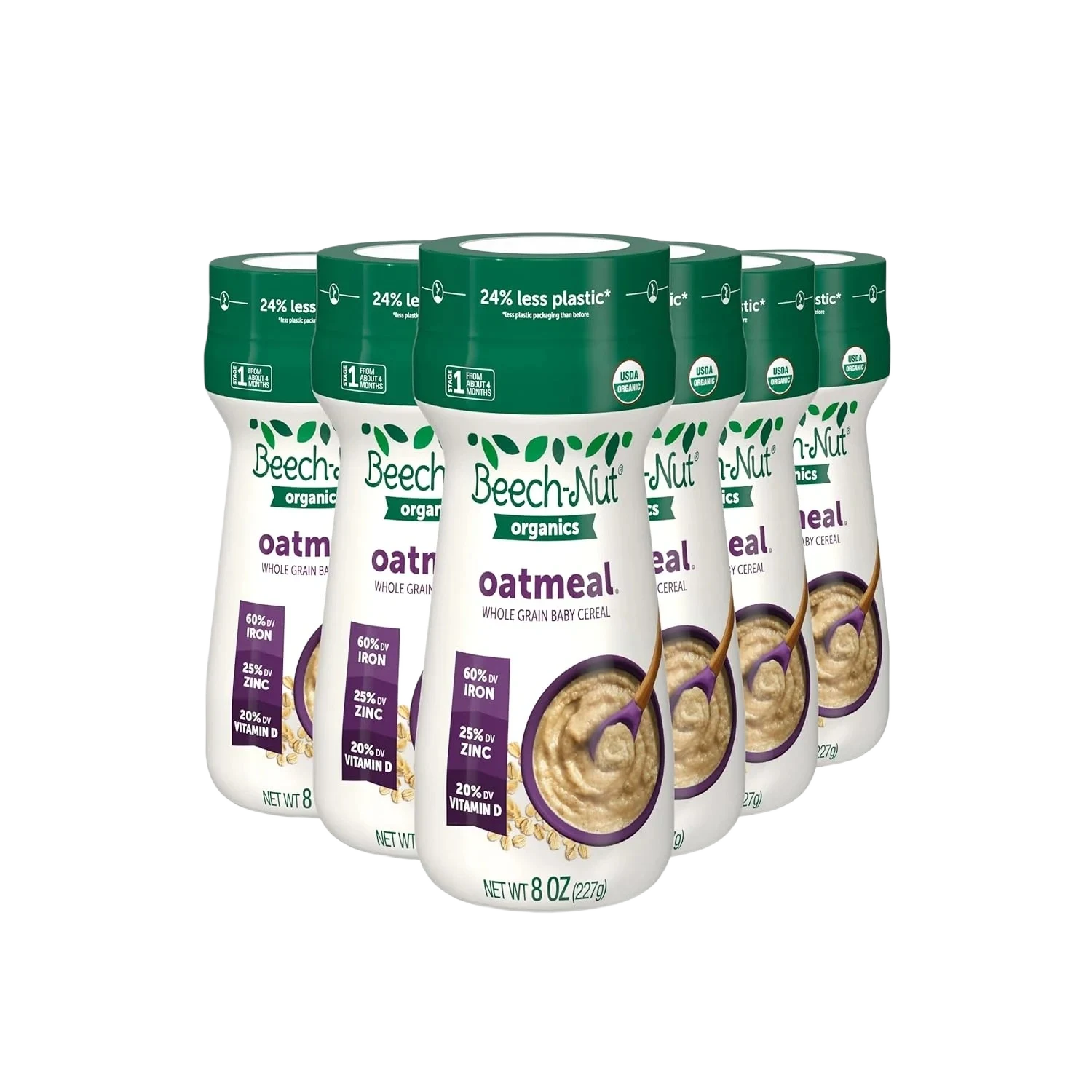Beech-Nut organics oatmeal.
food & drinks • For 1-2 year old toddlers • Consumable 🍝
Product Images
Product Photo

Tap to enlarge
Ingredient List

Tap to enlarge
Is this toddler-safe to eat Beech-Nut organics oatmeal.?
Check for Different Age (6 available)
Ingredients Analysis (13 found)










Common Questions About Beech-Nut organics oatmeal.
Toddler-friendly? Beech-Nut organics oatmeal.
Yes, Beech-Nut organics oatmeal. is generally considered safe for 1-2 year old toddlers based on ingredient analysis.
What ingredients should I watch out for?
We analyzed 13 ingredients in Beech-Nut organics oatmeal.. 13 safe. Check the detailed analysis above for specific concerns.
When can toddlers eating food & drinks?
The appropriate age depends on the specific ingredients. This analysis is for 1-2 year old toddlers. Use the age selector above to check other ages.
⚠️ Important Disclaimers
Product Recognition: Product names are identified programatically and may be incorrect. Always verify product identity yourself.
Safety Analysis: Evaluations are for research only - consult pediatricians for medical decisions. Do not rely solely on this analysis.
No Guarantees: Results may be incomplete or inaccurate. Do not rely solely on this analysis.